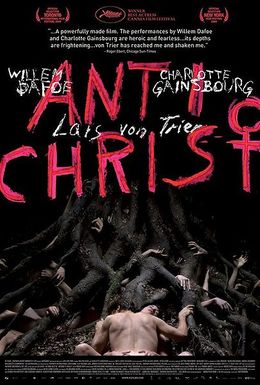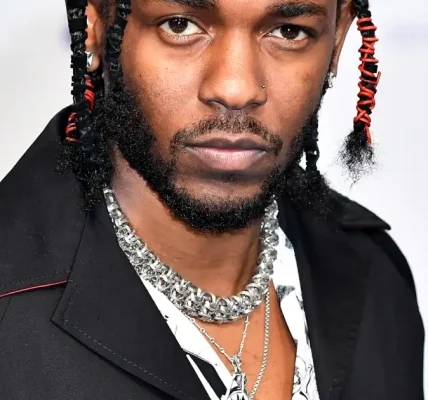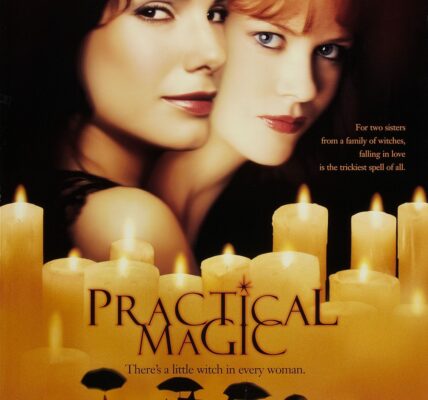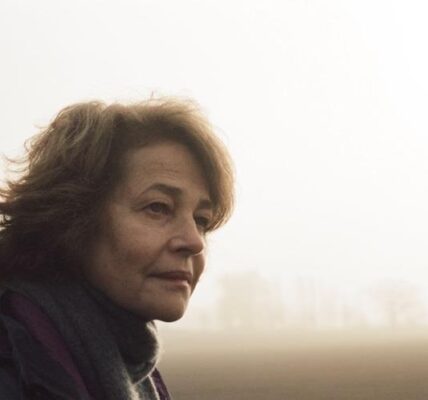Page Contents
- 1 Willem Dafoe: From Christ to Antichrist – Cover Feature, Issue 13
- 1.0.1 ADDITIONAL QUESTIONS BEING ASKED IN THIS INTERVIEW:
- 1.0.1.1 • What was it about the character of Charles Waechter that interested you and the relationship he has with his son, Michael, played by Ryan Reynolds?
- 1.0.1.2 • He’s a perfectionist, isn’t he? There’s that scene where he compliments a young Michael on his penmanship, which just seems odd.
- 1.0.1.3 • What was it like being on set with that cast on FIREFLIES IN THE GARDEN?
- 1.0.1.4 • What do you make of your performance in it?
- 1.0.1.5 • So you think it leaned more toward that, in the cut?
- 1.0.1.6 • Well, you’ve got four films coming out this year. How did that happen?
- 1.0.1.7 • You are at the mercy of the distribution companies. You’ve got no control over that. Sometimes they all come out within a short space of time.
- 1.0.1.8 • What is that like? Shifting between all those projects? Does it still take a lot of getting used to?
- 1.0.1.9 • Depending on the kind of material you’re working on, that will also inform the kind of social relationships you make on each project?
- 1.0.1.10 • So having done FIREFLIES IN THE GARDEN, which is something a little more laid back, to something like Lars von Trier’s ANTICHRIST… How different are those two experiences?
- 1.0.1.11 • Was there a Paul Schrader film (THE WALKER) in there too?
- 1.0.1.12 • He’s probably the greatest filmmaker Greece has ever produced.
- 1.0.1.13 • He’s one of the most visual filmmakers of all time. You may not understand Greek, but you can understand his pictures simply on a cinematic level.
- 1.0.1.14 • So you don’t consider yourself a Method actor then?
- 1.0.1.15 • I suppose everyone has their own process?
- 1.0.1.16 • Ultimately it’s what ends up on screen and how you achieve that is up to each actor.
- 1.0.1.17 • It’s not like you’re going to arrive on set and everyone’s doing the Method.
- 1.0.1.18 • You must be proud of your achievements though?
- 1.0.1.19 • But you’ve been in some great films.
- 1.0.1.20 • I suppose you’re always looking forward, but if they’re doing a 20th Anniversary release of PLATOON or THE LAST TEMPTATION OF CHRIST…
- 1.0.1.21 • Let’s talk about Lars von Trier’s ANTICHRIST. I love some of his films.
- 1.0.1.22 • I’m just curious about his process. I worked at October Films when we released THE IDIOTS. Having met him once, I was struck by his ethos of how to make films and keeping it as real as possible.
- 1.0.1.23 • I guess you almost forget, after a while, that the camera’s there?
- 1.0.1.24 • He’s not afraid to go for those shots either, is he? In fact, he wants those shots.
- 1.0.1.25 • Like Werner Herzog, who you worked with on MY SON, MY SON, WHAT HAVE YE DONE?
- 1.0.1.26 • He’s so much a part of his films, like when he narrates, as in ENCOUNTERS AT THE END OF THE WORLD. So what’s it like when he’s more conventional doing a piece of fiction?
- 1.0.1.27 • Well, he’s very good at alternating between very personal movies to the slightly exaggerated.
- 1.0.1.28 • Having worked with such a great array of filmmakers, I’m surprised you’ve never wanted to take that on yourself. You have co-written a film before, but never directed.
- 1.0.1.29 • You almost take for granted the amount of responsibility on every actor’s shoulders to make a character his/her own.
- 1.0.1.30 • You can’t really analyse it when you’re in the moment though, can you?
- 1.0.1.31 To read the above article in its entirety, SUBSCRIBE to our PRINT EDITION. New to movieScope Magazine? Want to check out what we are all about before subscribing to the Print Edition? We now offer FREE access to Digital Editions of some of our most recent back issues!
- 1.0.1 ADDITIONAL QUESTIONS BEING ASKED IN THIS INTERVIEW:
- 1.1 Author
Willem Dafoe: From Christ to Antichrist – Cover Feature, Issue 13
As one of the founding members of The Wooster Group, a New York based experimental theatre collective, he has created and performed in the group’s work since 1977, both in the US and internationally. Dafoe’s 1980 film debut was a decidedly mixed blessing, as it consisted of a minor role in Michael Cimino’s disastrous HEAVEN’S GATE.
He made his breakthrough in Oliver Stone’s PLATOON (1986). His portrayal of the insouciant, pot-smoking Sgt. Elias earned him Hollywood recognition and a Best Supporting Actor Oscar® nomination. Dafoe subsequently appeared in a number of widely divergent films, often taking roles that enhanced his reputation as one of American cinema’s most predictably unpredictable actors.
After starring as an idealistic FBI agent in MISSISSIPPI BURNING (1988), he took on one of his most memorable and controversial roles as Jesus in Martin Scorsese’s THE LAST TEMPTATION OF CHRIST (1988). Dafoe then portrayed a paralysed, tormented Vietnam vet in BORN ON THE FOURTH OF JULY (1989), his second collaboration with Stone.
Homicidal tendencies and a mouthful of rotting teeth followed when he played an ex-marine in David Lynch’s WILD AT HEART (1990), before he got really weird and allowed Madonna to drip hot wax on his naked torso in BODY OF EVIDENCE (1993).
Dafoe entered the realm of the blockbuster with his role as a mercenary in CLEAR AND PRESENT DANGER (1994). His appearance as a mysterious WWII intelligence agent in THE ENGLISH PATIENT (1996) followed in a similar vein.
In 1997, Dafoe returned to the contemporary milieu, playing a member of a ragingly dysfunctional family in Paul Schrader’s powerful, highly acclaimed AFFLICTION, and an anthropologist in Paul Auster’s LULU ON THE BRIDGE (1998). He then extended his study of dysfunction as a creepy gas station attendant in David Cronenberg’s EXISTENZ (1999).
After chasing a pair of killers claiming to be on a mission from God in cult hit THE BOONDOCK SAINTS (1999), Dafoe astounded audiences in 2000 as he transformed himself into a mirror image of one of the screen’s most terrifying vampires in SHADOW OF THE VAMPIRE, for which he won his second Oscar® nomination.
He turned up as a cop on the heels of a potentially homicidal yuppie in AMERICAN PSYCHO (2000), before returning to mainstream success as the fearsome Green Goblin in Sam Raimi’s long-anticipated big-screen adaptation of SPIDER-MAN (2002).
Having worked with (what feels like) every major filmmaking talent on the planet, 2009 marks a landmark year for Dafoe that sees him in four very different roles, made by four very different filmmakers: Dennis Lee. Lars von Trier. Théo Angelopoulos. Werner Herzog.
There are few things in life (certainly not a drab London morning) that can prepare you for breakfast, at the Charlotte, with acting icon (and all-round King of the self-deprecation aside) Willem Dafoe.
How did you get involved with FIREFLIES IN THE GARDEN?
It was presented to me by my agent as a good script and he knew that I wanted to do something slightly less [Long pause] coded. I wanted to do something a little simpler. Normally when I hear family drama… [Laughs]
You run for the hills?
Yeah, I think of television. I think of going to work every day at a studio and crying. I think of dinner table scenes and all that.
But it’s not really a studio film, is it?
That’s what I’m saying. This was different. What really attracted me was that you have this young filmmaker, doing basically his first feature.
Dennis Lee.
Yeah. He attracts Julia Roberts and then she sort of shepherds it through. She gets people attached, which later becomes a really great ensemble cast. It feels like a little movie that wouldn’t normally get made. So when you find a project that you think has the right spirit, it perks your interest. When I read the script, initially, it was good and solid, but kind of familiar and nostalgic—but I was interested in the role and Dennis was very responsive to my suggestions. He did some changes, it wasn’t massive work, just tonal things and to make some of the scenes more particular.












